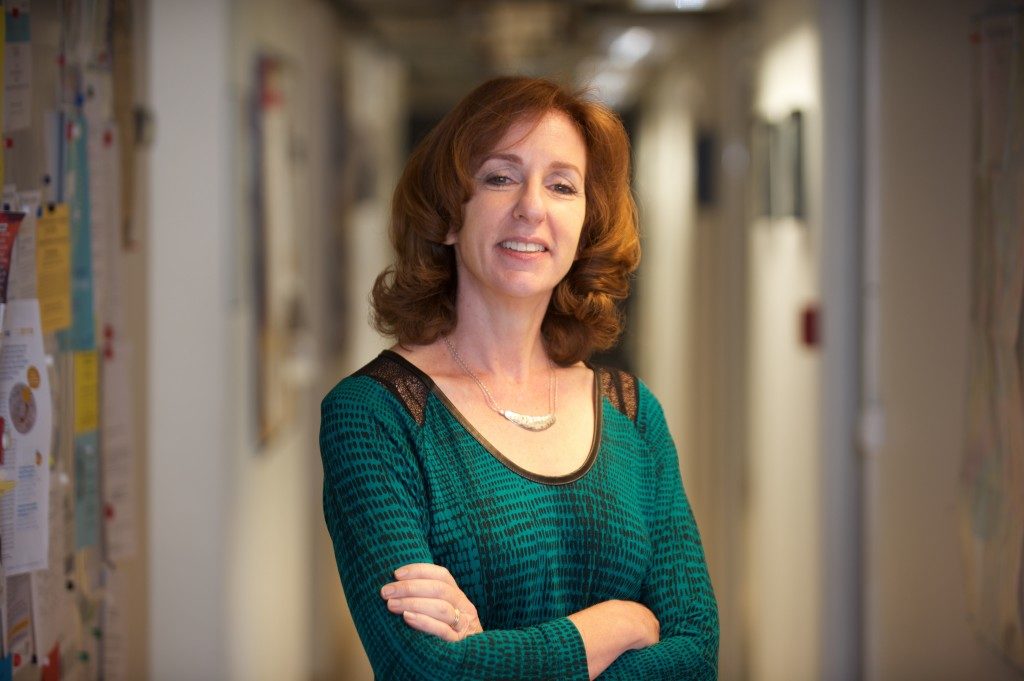All over the world, the volunteers for the Red Cross and Red Crescent Movement are on the frontlines of the Covid-19 epidemic response. And yet, few research projects have focused on the motivations and dynamics that inform their engagement, or the elements that influence their physical and psychological health, namely in regard to the flood of information characteristic of epidemic situations.
To address these issues, the Foundation approached the Institut Pasteur at the very beginning of the health crisis in order to pool our resources and launch joint research projects which would enable us to improve the scientific knowledge of the social impacts of this crisis, as well as shedding light on the operational responses underway. With this aim in mind, we have co-developed the RCCOVID project with the team of Dr Tamara Giles-Vernick, director of the Anthropology & Ecology of Disease Emergence Unit.
The aim of this multi-actor project is to carry out an anthropological study amongst health workers and Red Cross volunteers, and to study the dynamics that inform their commitment in the face of this crisis.
As a world-renowned research organisation in the fight against epidemics, the Institut Pasteur relies on multidisciplinary teams, including specialists in the humanities and social sciences. The Foundation is proud to be associated with the Institut Pasteur in the context of this project, and to be able to demonstrate the importance of research in the humanities and social sciences for emergency response. The partnership agreement has been signed by Stewart Cole, Director-General of the Institut Pasteur, Jean-Christophe Combe, Director-General of the French Red Cross, and Virginie Troit, Director-General of the Foundation.
3 questions for Tamara Giles-Vernick…
Doctor in Anthropology at the French Institut Pasteur, Coordinator of the research programme
The Institut Pasteur is mainly known for its medical research, the study of diseases and vaccinations. Can you explain the place the humanities have within the Institut, and the role that they play?

Tamara Giles-Vernick: Although the Institut Pasteur is principally known for its biomedical research, it has also been recognised for its contributions in the field of public health, and more recently, in the field of global health. The social sciences have a crucial role to play in both of these fields. They report on community perceptions of epidemic outbreaks, and of measures to control them. They enable us to explore the socio-economic determinants of epidemics and to evaluate health system capacities. In the social sciences unit at Pasteur, we have carried out a number of research projects in Africa and elsewhere, on a broad range of topics, including the way in which certain diseases emerge amongst populations, the determining factors of infant malnutrition and stunted growth, and the diagnostic of viral hepatitis, its treatment and prevention.
The Institut Pasteur has been very active throughout the crisis, initiating and launching several research projects, both internally and with partnership organisations. What are the broad lines of this activity in terms of the social sciences? Can you give us a quick overview of the projects that are underway?
TGV: We are involved in several activities linked to the Covid-19 crisis. Of course, there is the work that we are doing with the French Red Cross (see below), but we are also the coordinators of SoNAR-Global, a worldwide network of social scientists working on epidemic preparedness and response. The network, which is financed by the European Commission, has 11 partners in Europe and in the world, including two in Africa and two in South and South-East Asia. The network shares useful resources on the social dimensions of Covid-19, and also carries out evaluations of vulnerabilities and tries to understand who the most vulnerable are, and for what reasons, in order to work with the competent authorities and other actors to better respond to their needs.
You have agreed to pool your resources with those of the French Red Cross Foundation in order to develop a joint research project and carry out an anthropological study amongst health workers and French Red Cross volunteers. Why this partnership with the Foundation and the Red Cross, in the context of the pandemic? What was the need to work with the social sciences on the subject of people on the frontlines, such as volunteers?
TGV: We are delighted to be working with the French Red Cross Foundation! Our collaboration enables us to better understand the priorities, opportunities and challenges which the French Red Cross faces as an institution, along with the health workers and volunteers on which this institution depends. By working closely with the Foundation, we can make sure that the recommendations that we develop together are based on the realities of Red Cross action and of the people engaged with the institution. This kind of work, grounded in the realities of the field, is absolutely crucial in the context of the current pandemic: it allows us to be more reactive and more efficient at a time when the contributions of health workers and French Red Cross volunteers are so essential.






